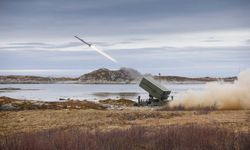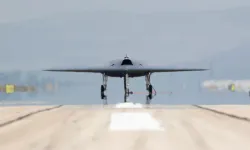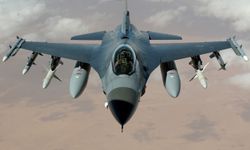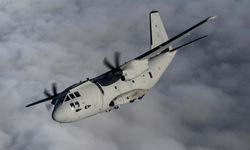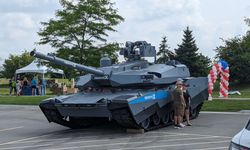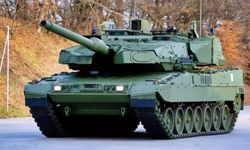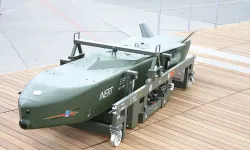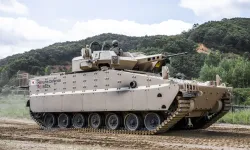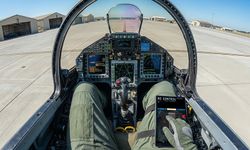The collaboration will combine Boeing’s experience in delivering Army rotary-wing training with Leonardo’s AW119T helicopter platform to provide what the companies describe as an efficient and scalable training solution for future Army aviators.
Boeing’s background in Army aviation includes training and mission system support for the AH-64 Apache fleet, encompassing live, virtual, and constructive simulation, cockpit procedure trainers, and instructor development programs. The company stated that its systems integration and program management capabilities position the team to deliver a complete COCO service.
“We are bringing together two industry leaders to offer the Army a turnkey, integrated approach to rotary-wing training that enhances aviator readiness and long-term operational efficiency,” said John Chicoli, Senior Director for U.S. Army, Marines, and Special Operations at Boeing Global Services.
Leonardo’s AW119T training helicopter has logged over 100,000 flight hours, including more than 16,000 hours under instrument flight rules. The company currently supports 130 AW119T aircraft used by the U.S. Navy near Fort Rucker, Alabama, which Boeing and Leonardo say provides immediate logistics synergies and support capacity.
“The AW119T is a proven platform already in use for U.S. military training. With its existing sustainment network and operational record, Leonardo and Boeing can deliver immediate capability and long-term value to the Army through Flight School Next,” said Clyde Woltman, CEO of Leonardo Helicopters U.S.According to both companies, the proposed training package will include a range of services aimed at improving flight hours, instructor proficiency, and operational flexibility.
Program Features Proven aircraft: The AW119T features crashworthy seating and fuel systems, and supports full touchdown autorotations and in-flight emergency training. Comprehensive training system: The package will include aircraft, parts, maintenance, instructors, simulators, and a validated curriculum. Enhanced instruction: The training approach will combine aircraft instruction with advanced simulators, virtual instructor pilots, and cloud-based progress tracking to individualize learning. Operational efficiency: Automated logistics and adaptive scheduling are intended to reduce downtime and improve aircraft use. Sustainment capacity: Leonardo’s existing AW119T support infrastructure in the U.S. will provide maintenance and production capabilities to meet the Army’s demand.📌Boeing and Leonardo have announced a partnership to compete for the U.S. Army’s Flight School Next contractor-owned, contractor-operated (COCO) training program. 🔗https://t.co/qtwHbG5IJX@Boeing @Leonardo_live pic.twitter.com/B5helVywpz
— Defensehere (@defensehere_en) October 14, 2025

